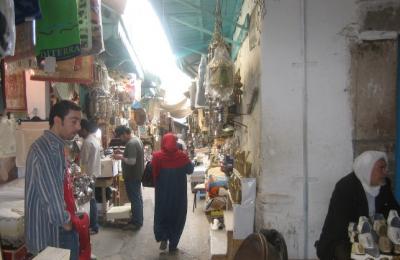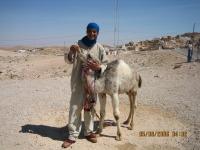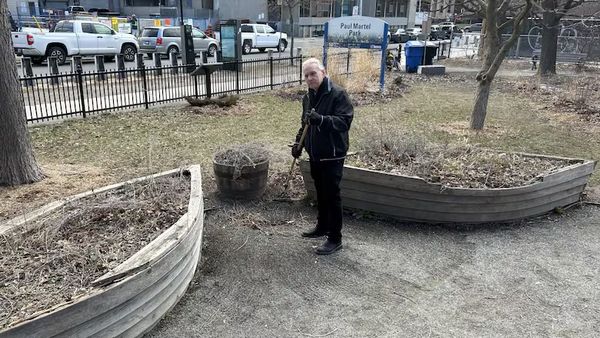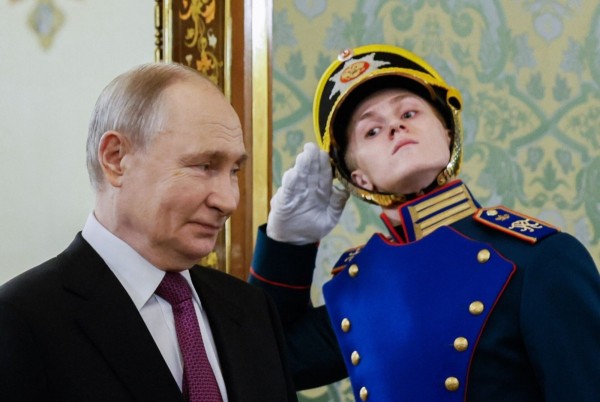Early on a Sunday morning we motored to Petseri. This quaint old Russian town is more than 200 miles south of Tartu and I did not first intend to go there. But everyone insisted that it was so completely unlike the rest of Estonia; it was well worth seeing. It contains a famous old orthodox monastery, one of the few in the world that still functions. Miss Üprus of the Museum came along as guide aqnd we planned to call for Mrs. Põld at her country cottage on the way.
There was a strange familiarity about the landscape through which we drove. Something about it made me think, with a tug at my heart, of home, and then I realized that the whole countryside looked like Wisconsin. There were the same gently-rolling hills, the same patches of woodland, the same little lakes and clear streams. Even the fields ready for harvest were similar, only here was no wheat - instead, barley and rye nodded their full heads across their wide acres. The haystacks were of a different shape, too - something like beehives, with tall poles crossed like a letter X above them. Miss Üprus told me that the Estonians have built these peculiar stacks from time immemorial.
The resemblance extended to more than the terrain, for even the houses and barns were shaped like those at home. Puzzling over this, I guessed that it was because, when Swedes and Finns, neighbors of the Estonians, emigrated to the New World, they naturally settled in places that reminded them of home and proceeded to build their houses and barns, and till their fields after their accustomed patterns. Perhaps they brought with them too, mental habits of co-operation and democratic procedure - at any rate, Wisconsin, among all other states, seems most in line with the progressive tendencies of these countries.
The Lutheran churches, too, their graveyards beside them, their wooden steeples centered exactly above their front doors, looked like Wisconsin churches. But here was something different - a printed sign in the church yard, “Loteria,” I asked for an explanation. “Yes, it is a lottery. We have many here.” “But in churches?” “Yes, it is for the church. The money all goes to help the church. The people bring all sorts of things they no longer want - dishes, and kettles, and pictures, and old clothes - everything. It is a good way to clear the house and help the church.” So then I understood that “Loteria” meant what we call a rummage sale.
Advertisement / Reklaam
Advertisement / Reklaam
Presently we turned off the highway and followed a narrow woody road, bumpy with exposed tree roots, to Mrs. Põld’s new country cottage, at Valgemetsa, which is a vacation subdivision recently opened for settlement by the government. Mrs. Põld, who had met me with roses in Tartu, is the widow of a former university professor, who was one of the leaders of the revolution. Now, as we emerged from the woods into the little clearing about her cottage, smelling of new lumber, she ran toward me, with outstretched arms from which a big white shawl spread wing-like, crying. “Welcome! Welcome! Estonia welcomes Amayrica!”She introduced me to five of her eight children - very pretty, intelligent young people. She had borne eleven, but in a single siege of intestinal flu had lost three of them, as well as her mother and husband. She told me about it in her book-English, too slow for her eager mind, adding: “And so I must go to work to support what I have left; and I teach in the Girl’s Secondary School, at Tartu. That is good for me. It takes my mind from my sorrow and reminds me that I have great riches left.” She gazed proudly about on her flock. “And they can all do many things. This one paints - this one sings - the older ones begin to earn some money for themselves.”
But she, I thought, was the most wonderful of all. Her vitality! Her enthusiasm! Her interest in life! President of the W.C.T.U, member of many other societies, mother, housewife, teacher, she had survived a revolution, and a terrific personal disaster, and had heart enough left to love all Estonia and Embrace America with a white shawl. After luncheon, which the young people themselves served with the aid of a maid in the kitchen, they took me all through the little house, an especially through the separate bath-house with stairs outside leading to two or three guest rooms above.
This bathhouse was something like Peter the Great’s near Tallinn, for the Russian bath is still poplular in Estonia and Finland. There was an outer dressing room, and then the bath-room, with no bath-tub or running water, but only a large tile stove wherein stones were heated and a wooden platform up near the ceiling for the bathers to lie on. A big wooden tub of cold water stood behind the stove, with a gourd with which to throw water on the hot stones and thus make steam. They showed me the bundle of twigs with which to flog the bather when he is streaming with sweat. Next, they said, he is thoroughly massaged, and then he rushes through the woods and throws himself into the cold lake. As we got into the car to resume our journey, they sang me good-bye. And what do you think the song was ? “My Bonnie Lies Over the Ocean.”
Advertisement / Reklaam
Advertisement / Reklaam
(to be continued)



















